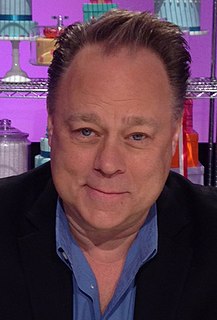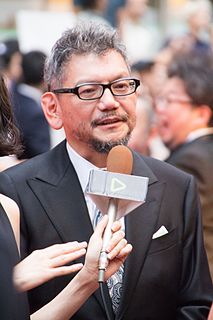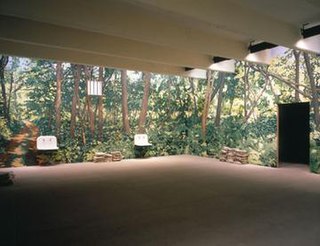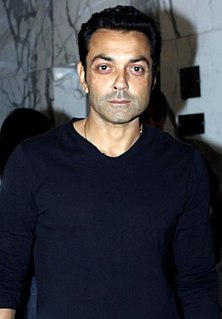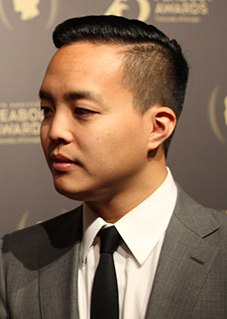A Quote by Kelly Asbury
Every animated film that I've worked on - whether it was as a story artist or as Head of Story or even as director - where we originally started out with our story and where we eventually ended up were often very different places.
Related Quotes
Every family has a story that it tells itself, that it passes on to the children and grandchildren. The story grows over the years, mutates, some parts are sharpened, others dropped, and there is often debate about what really happened. But even with these different sides of the same story, there is still agreement that this is the family story. And in the absence of other narratives, it becomes the flagpole that the family hangs its identity from.
I had no intention of replacing Arnold [Schwarzenegger]. There were a few things that made me want to do the movie. They were the script which had a different direction to it, and it was a chance to do a very different Quaid. I didn't read the short story until I went to college.Reading the story had a different effect on me of how I pictured him to be and the tone of the story was different. In the story, he's a bit more of an everyman.
Eva is a story of repetition. It is a story where our protagonist faces the same situation many times over and determinedly picks himself back up again. It is a story of the will to move forward, even if only a little. It is a story of the resolve to want to be together, even though it is frightening to have contact with others and endure ambiguous loneliness. I would be most gratified if you found enjoyment in these four parts as it takes the same story and metamorphoses it into something different.
Literature is an aspect of story and story is all that exists to make sense of reality. War is a story. Now you begin to see how powerful story is because it informs our worldview and our every action, our every justification is a story. So how can story not be truly transformative? I've seen it happen in real ways, not in sentimental ways or in the jargon of New Age liberal ideology.
Animation story boarding works differently than live action story boarding. The story crew along with a writer really does shape and create the film - the world and it's characters. We meet almost every day and brainstorm the plot of the film. It's a highly collaborative process - and we continue to improve the story until we literally run out of time.
Toward the end of the film ['Life, Animated'] we see 'The Sidekicks Story,' and that is a story that Owen drew himself. We took that style, which is decidedly different from Disney animation, and used it as a basis. It's a 'two-dimensional' hand drawn animated form, so I went to this company in Paris called 'Mac Guff,' and they assembled an amazing group of young animators, and brought it to life.
The thing about acting is even if you get technically more skilled at what you do, every time you begin a film or a play you're terrified. You don't know if you're going to pull it off. Every film and every story has its own set of challenges. I've never felt like, oh yeah, that's it, nailed it! You can never sit and rest. That's why it's such an exciting job. It's beginning again every time you begin again. New story, new character, new place, new time, new director. It's like moving to a different planet and trying to figure out how to live there.
